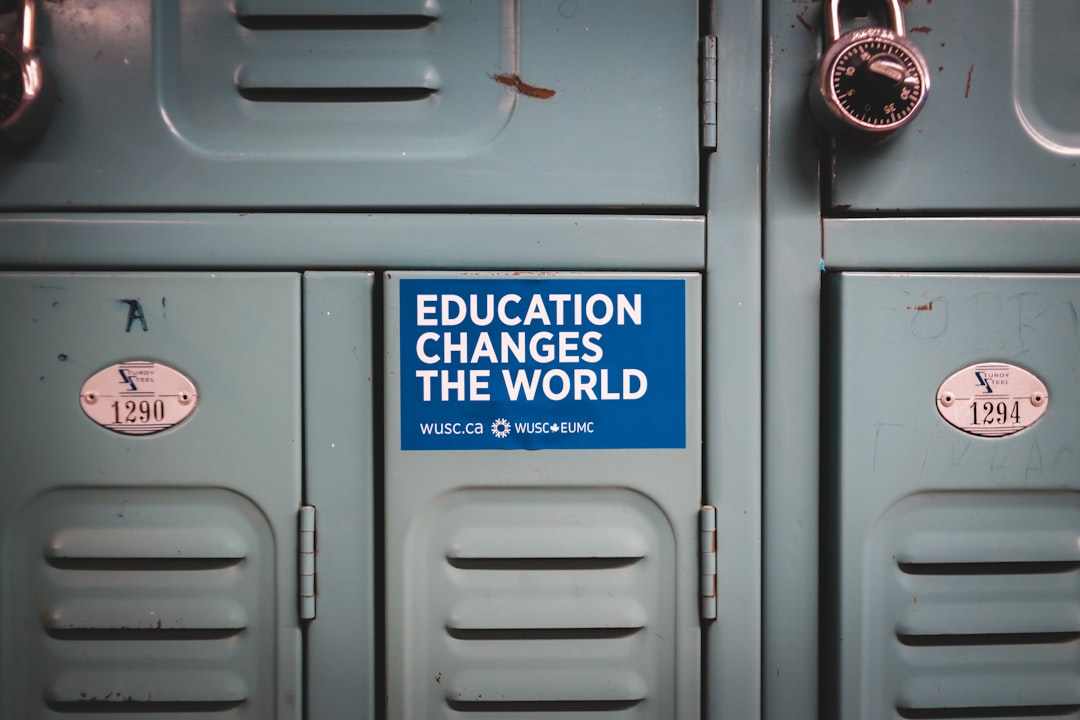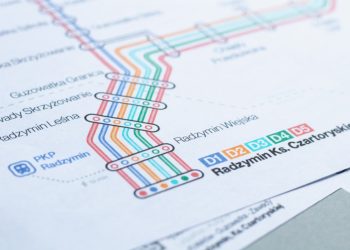No products in the cart.
The Imperative of Lifelong Learning in a Rapidly Changing World
As industries evolve, lifelong learning has become essential. Explore why learning agility is critical for success in 2025 and how to stay ahead.
In the fast-paced landscape of 2025, staying relevant in one’s career has transformed from a mere aspiration to an absolute necessity. As industries evolve with astonishing speed, the concept of lifelong learning has transitioned from being a buzzword to a baseline expectation. Learning agility—defined as the ability to quickly adapt and acquire new skills—is now crucial for success.
As we navigate a world increasingly influenced by technological advancements, the importance of continuous education cannot be overstated. From artificial intelligence to remote work tools, the demands on today’s workforce are evolving at a pace that can feel overwhelming. This leans heavily on the need for professionals, especially those aged 16 to 35, to remain proactive in their learning journeys.

The rise of digital platforms has democratized access to knowledge, making it easier than ever for individuals to pursue lifelong learning. Online courses, webinars, and interactive workshops have made the acquisition of new skills not only accessible but also engaging. However, the sheer volume of information can be daunting. How does one prioritize what to learn when everything seems equally important?
Experts suggest a structured approach to lifelong learning. First, individuals should assess their current skill sets and identify gaps relevant to their career trajectories. Tools like personal development plans (PDPs) can provide a roadmap for skill acquisition. Moreover, engaging in professional communities—whether through LinkedIn groups or local meetups—can offer insights into industry trends and expectations.
First, individuals should assess their current skill sets and identify gaps relevant to their career trajectories.
While some might argue that the pressure to continuously learn can lead to burnout, others contend that the flexibility offered by online learning platforms allows for a more balanced approach. The key is to integrate learning into daily life rather than viewing it as an additional chore. Microlearning—consuming content in small, focused bursts—has emerged as a popular method, fitting seamlessly into busy schedules.
However, the effectiveness of lifelong learning extends beyond the individual. Organizations are beginning to recognize the value of investing in their employees’ continuous education. Companies that foster a culture of learning not only enhance employee satisfaction but also improve retention rates. According to a report by LinkedIn, 94% of employees would stay at a company longer if it invested in their career development.
On the flip side, some critics argue that the emphasis on lifelong learning can lead to an unrealistic expectation of constant self-improvement, which may not be feasible for everyone. The constant push for upskilling may inadvertently marginalize those who, for various reasons—financial, personal, or systemic—cannot engage in ongoing education. Thus, while promoting lifelong learning, it is essential to emphasize inclusivity and accessibility.
As we look ahead, the question remains: How can we cultivate a mindset of learning agility that benefits not just individuals but society as a whole? Schools and educational institutions are beginning to rethink curricula to emphasize adaptability and critical thinking over rote memorization. By fostering an environment that values curiosity and innovation, we can prepare future generations for a world where change is the only constant.
According to a report by LinkedIn, 94% of employees would stay at a company longer if it invested in their career development.
In conclusion, as we stand on the brink of yet another technological revolution, the only way forward is through learning. Embracing lifelong learning is not merely a career strategy; it is a mindset that empowers individuals to navigate uncertainty with confidence. Whether through formal education, online courses, or community engagement, the tools for success are at our fingertips. The challenge lies in our willingness to adapt and grow.











